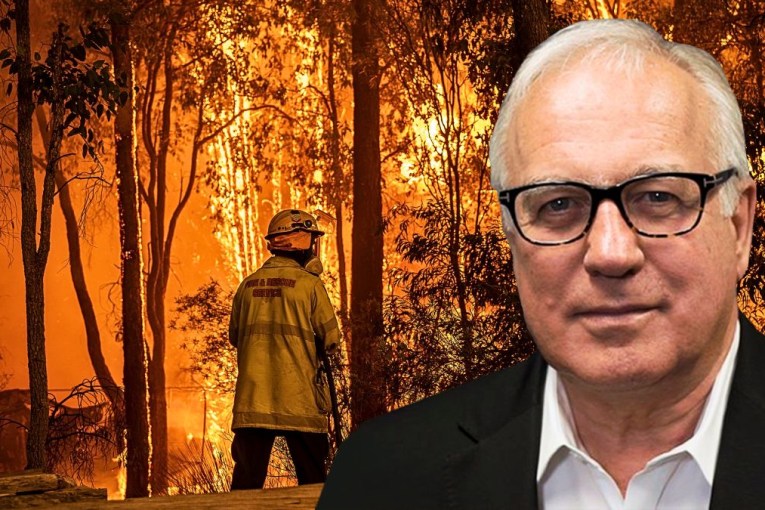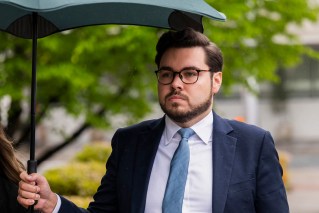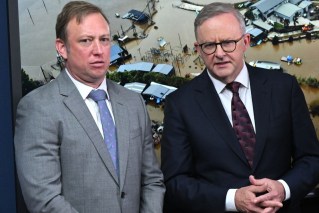Putting a stop to terror: how we must respond
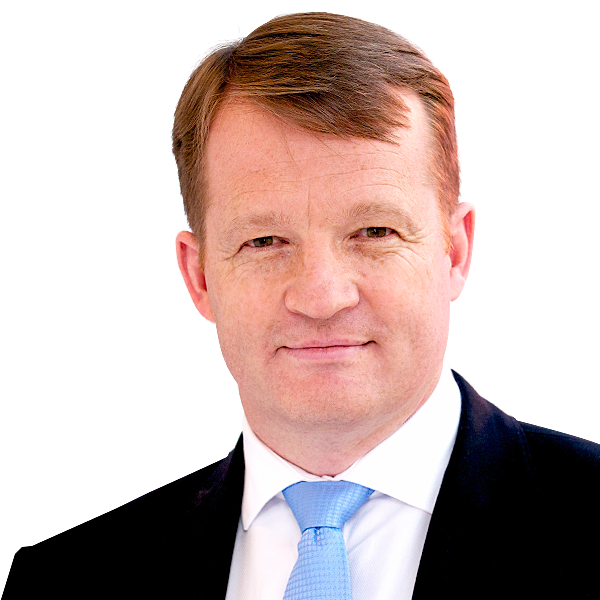
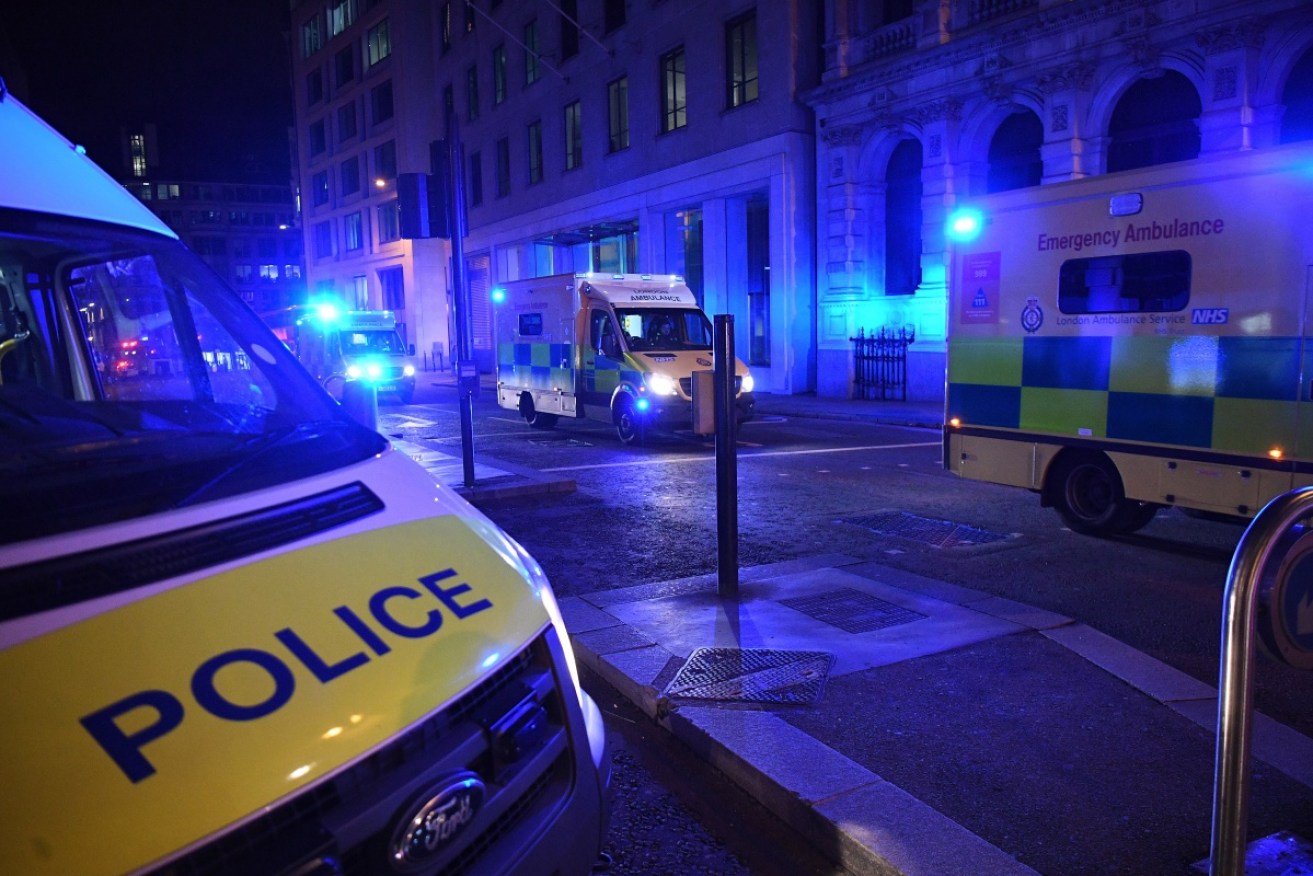
Don't make the mistake of thinking security forces are the first line of defence against terror. Photo: Getty
I live between, and only a kilometre or so from, the last two terrorist attacks in London.
I was also in Liverpool Street station about to board a tube when the 7/7 bombings took place in 2005. On February 9, 1996, I was around the corner when the IRA set off their huge bomb in Canary Wharf, London.
In Islamabad, while I worked there for the United Nations, the windows of my apartment shook when, in 2008, terrorists threw a hand grenade into the garden of the Italian restaurant where I was about to go for dinner.
I know terrorism well. I have seen its impacts and consequences. I have felt the shockwaves of its bombs.
I have spoken to people who have been tempted to cross into the path of terrorism (see ‘Lessons From A Would-be Suicide Bomber’, here).
I know terrorism better than most, but not as well as some. I have written and spoken on terrorism and counter-terrorism for some time. I have a view on how we defeat this menace, but it will not be easy.
My main arguments run this way:
We need to embrace an alliance with ‘moderate’ and ‘normal’ people of Islamic faith and understand that they are our most powerful ally to counter extremism. However, ‘we’ often undermine the moderate and normal people of Islamic faith when our community chooses incendiary and inflammatory discourse in place of an embracing language.
I call this part “getting the ‘us’ v ‘them’ concentric circles right” and spoke about this on the ABC’s Q&A program following the Paris attacks.
Following Q&A the Islamic Council of Victoria asked me to speak on concrete steps to defeat terrorism, where I listed three steps to defeat terror.
These three steps are concurrent and sometimes in conflict, requiring a fine balance:
- Make life worth living for the people who may be tempted to ‘take a shortcut to God’. This is hard and takes a long-term focus on economic growth, inclusiveness and extremely careful public dialogue.
- Counter the extremists’ messages that say ‘killing people provides a shortcut to heaven’. This has a strong education and theological side that really can only be done by other people of deep religious faith.
- Have a strong security apparatus to respond to people who still decide they want to kill people in a mistaken belief that they will gain a ‘shortcut to heaven’.
Point one and point three are often in conflict with the language of security and the language of inclusiveness.
However, allow me to say a couple of words about point three, security, following the latest attack on London Bridge.
Firstly, Britain has an incredibly well-trained, well-organised and immensely effective response. Police officers were on the ground within two minutes. All three terrorists were dead within eight minutes. For this the police must be congratulated.
Secondly, Britain was on high alert after Manchester, with urgent reviews and focus on searching for potential new terror attacks over the past couple of weeks.
Thirdly, Saturday night’s attack was planned, involved multiple perpetrators and would have taken some time to organise.
Fourthly, either the perpetrators had incredible communications discipline to make them effectively undetectable, or, there was a failing in intelligence gathering. Both options are frightening.
Intelligence failings will, without doubt, be examined in detail. The challenge highlights how hard the third step (security) in counter-terrorism is to achieve.
It is well known in intelligence circles that the security forces need to be lucky all the time. The terrorists only need to be lucky once.
Security is our last line of defence. Often, though, we talk of security as if it were to be our first line of defence.
The first line of defence is not stopping people who are attacking. The first line of defence is stopping people wanting to attack in the first place.
While I recognise that steps one and two are hard, offer no easy headline nor a politician’s photo opportunity, these first two steps are vital. The great risk as I see it is, in our community, when an attack happens, we focus on our last line of defence, at the cost of our first line of defence.
When an attack happens, our community is tempted to forget steps one and two; the need to reach out, economically empower and educate vulnerable people with inclusive language.
In light of the latest attacks, while we can and must examine security, let’s not forget steps one and two.
Andrew MacLeod is a visiting professor to Kings College London, a non-executive director to Australian and US companies, a former high level UN official and past CEO of the Committee for Melbourne.
